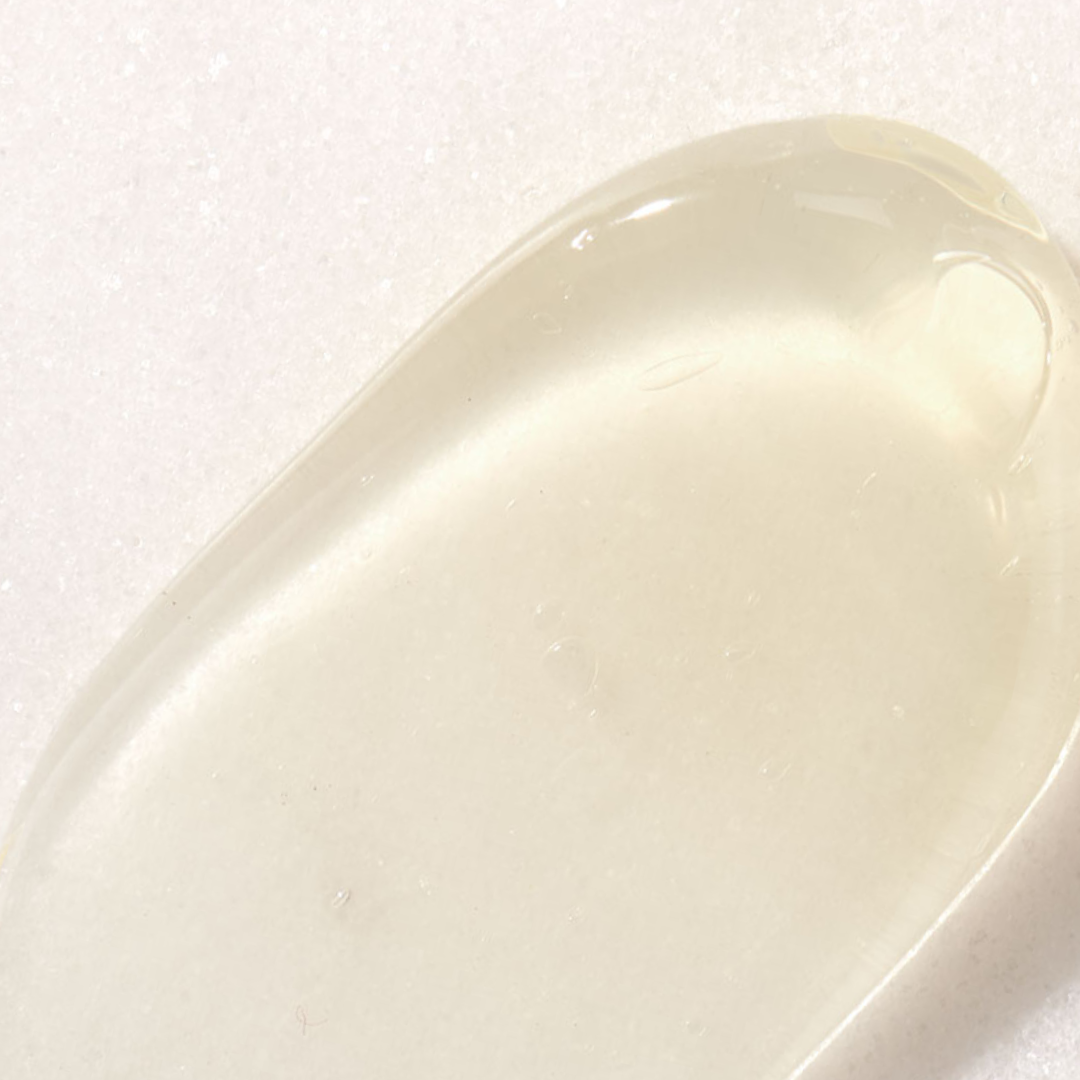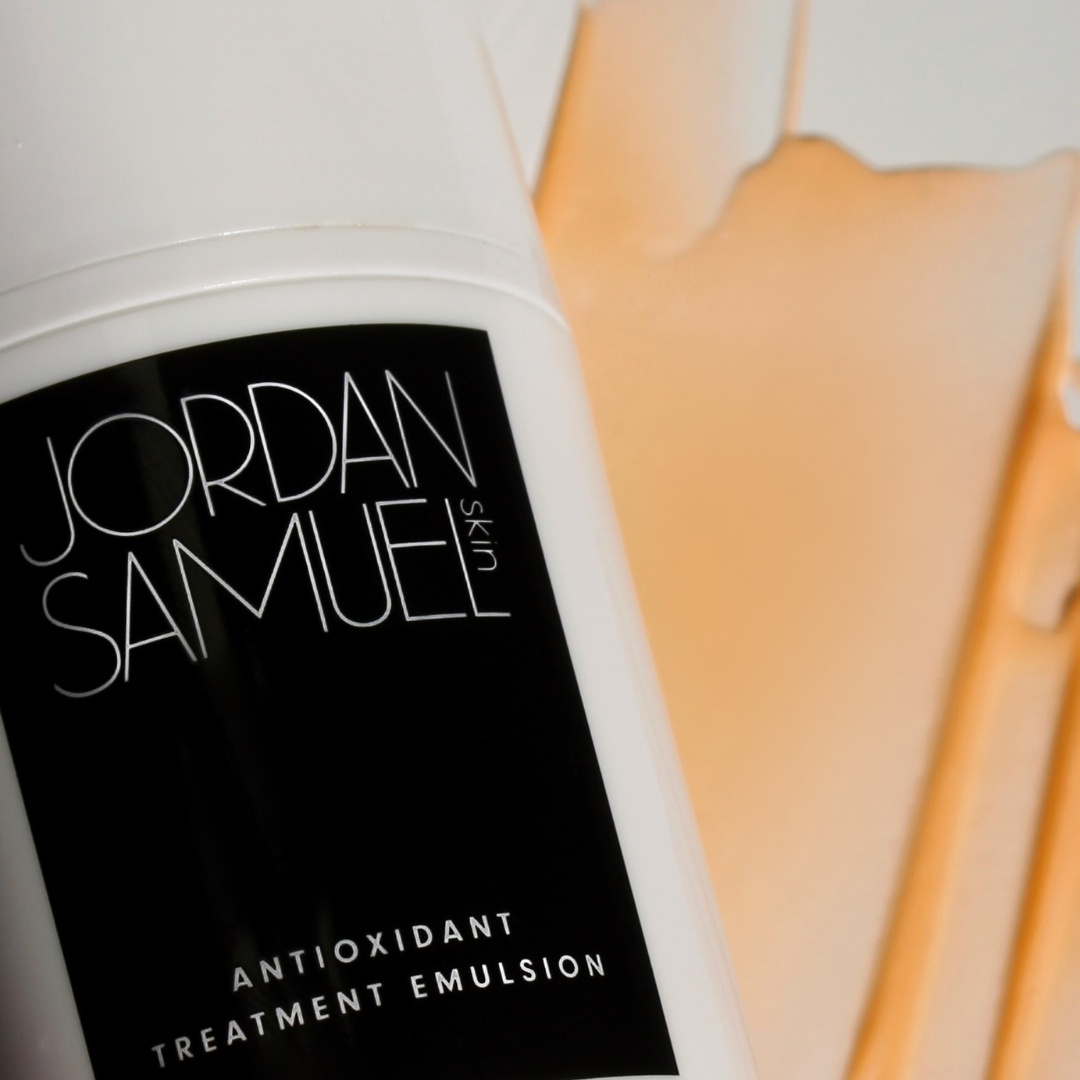Collagen has always been essential to our health. It stabilizes our joints to help us move, it forms the scaffolding of our bones, and it comprises over 75% of skin. In recent years, though, it seems the emphasis on collagen has grown more external. Today, we’re talking about collagen as an ingredient. How do things differ when collagen comes from outside of your body? What does it do? How does it work? Read on for those answers and more!
What is collagen?
Collagen is a protein. Like all proteins, it’s made of a long chain of amino acids. Unlike many other proteins, these chains wind into a triple helix. This unique structure allows collagen to impart a plump, bouncy effect on skin. We produce less collagen as we age, causing our skin to lose firmness over time.
Humans aren’t the only ones who make collagen. You can find it in the skin and connective tissue of most animals, and that’s generally where collagen in cosmetics is sourced. It’s frequently added to serums, moisturizers, masks, and dietary supplements.
How does it work?
Maybe I should reframe the question—does it work, period? It’s not a miracle, for starters. Collagen applied to your skin’s surface can’t fuse with your skin’s natural supply, so it won’t actually increase the collagen content in the active, dermal layer of your skin. Its large molecular size means it pretty much stays put on skin’s surface—and this isn’t necessarily a bad thing! Collagen acts as a potent humectant, and its moisture-binding properties work best at the uppermost layer of the skin. At the end of the day, it’s a fine (though certainly not revolutionary) ingredient for moisturizers or hydrating masks
What if I drink it?
Recent marketing of collagen powders, pills, and ready-made beverages would suggest that dietary collagen is the answer to all your skincare woes. In truth, the mechanics of ingested collagen are pretty complicated. The short answer to this question is “probably nothing,” but stay tuned for a more in-depth response in this Thursday’s blog post!
What about vegans?
Currently, there aren’t a lot of collagen options for those who prefer plant-based ingredients. Most collagen on the market comes from bovine or porcine sources. Fish collagen is available, but be wary if you have a shellfish allergy—some products use a combination of fish, shellfish, and jellyfish sources and may not clearly label the allergy risk. That may change in the future, though. Researchers are currently working on synthetic and vegan-friendly collagens using modified yeast and bacteria. These plant-derived proteins may find a place in the skincare market in the future. For now, you’re probably better off sticking with other humectants like hyaluronic acid, peptides, or red algae.
XO,
Jordan




